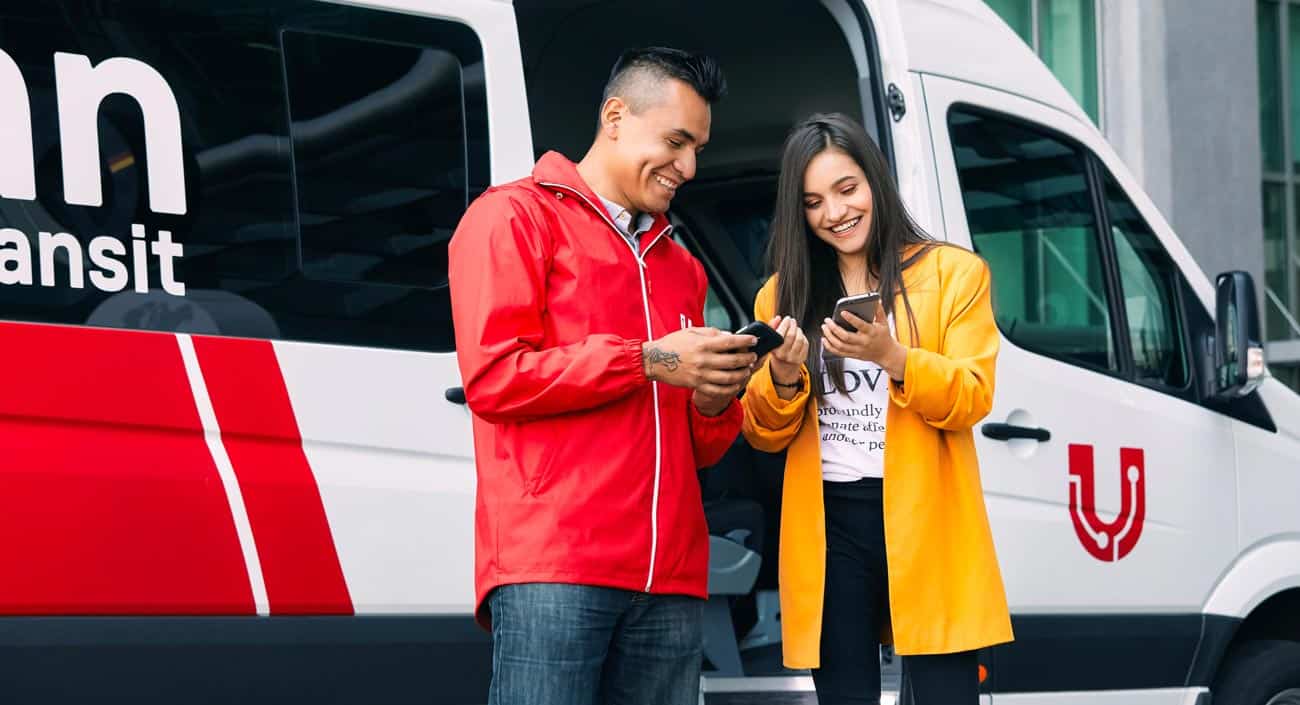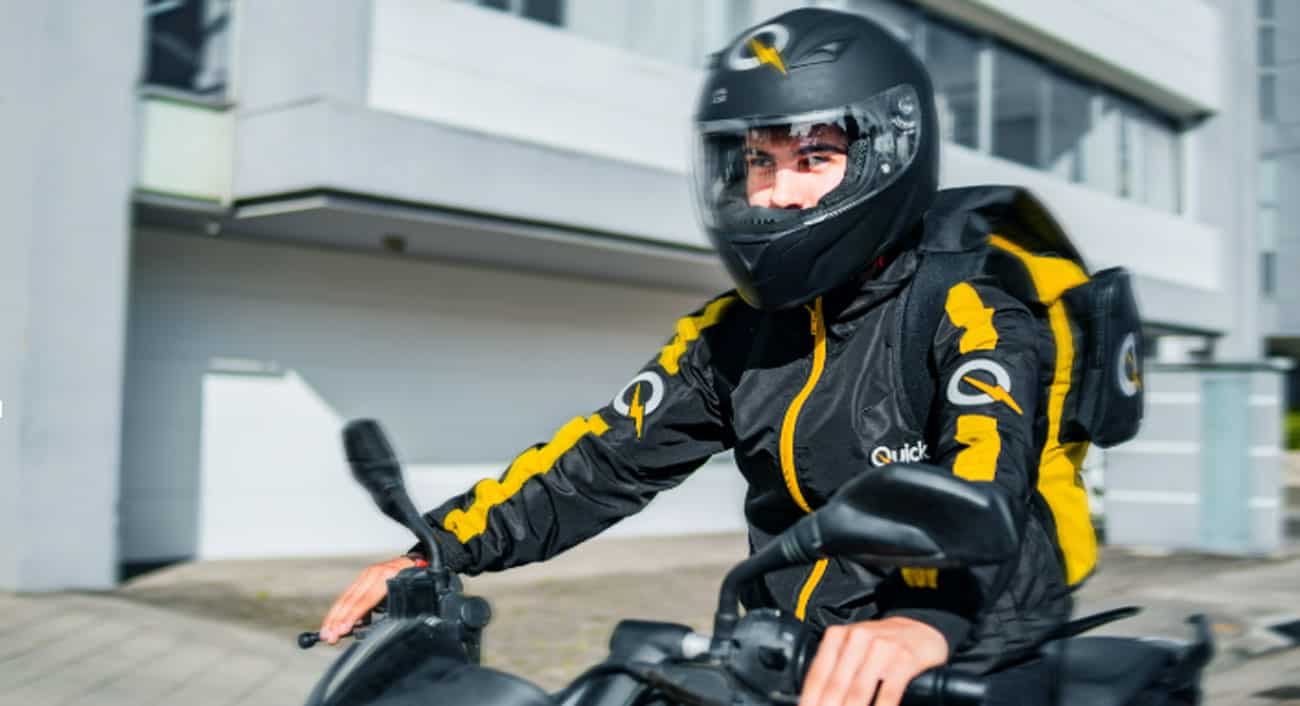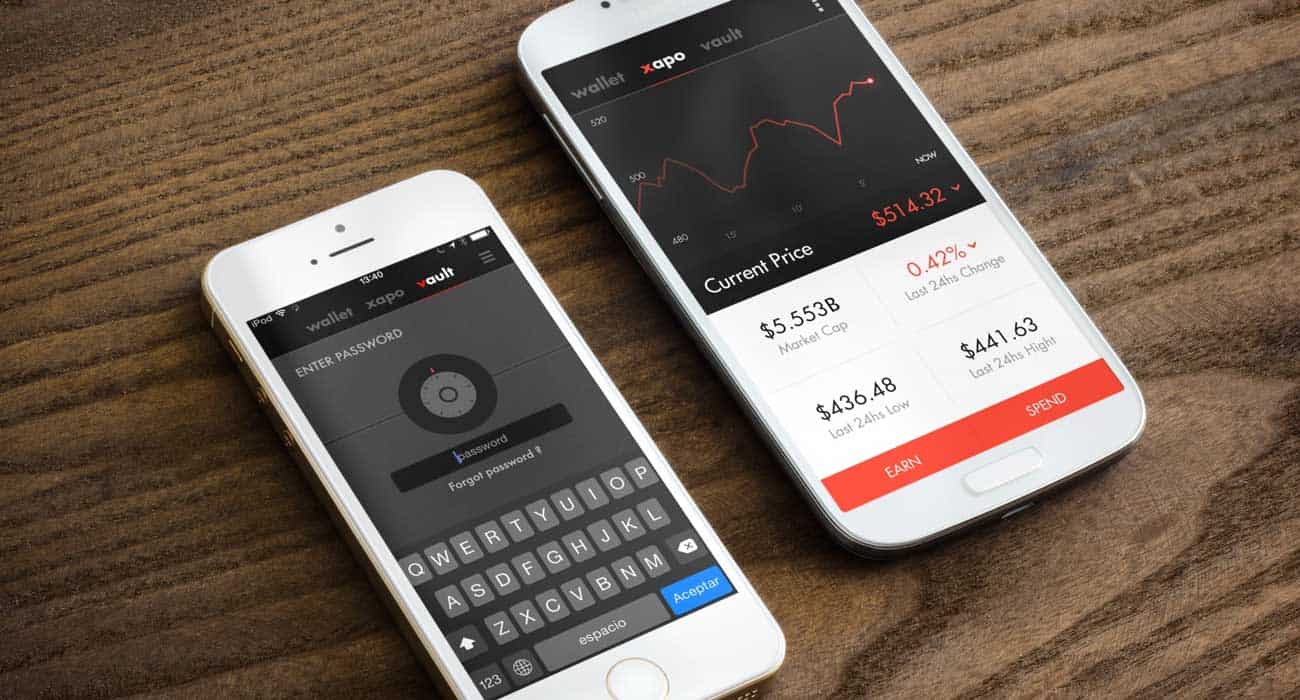Contxto – Urbvan recently released a beacon of hope for many Mexicans based on its ability to reduce time wasted in traffic. Earlier this summer, the app announced that it has decreased this frustrating reality for users by 25 percent.
Now, the urban mobility startup just announced that it has raised US$9 million, according to a company press release. Leading the round was Kaszek Ventures, accompanied by Angel Ventures, DILA Capita and LiiL Ventures. Funds will reportedly go towards expanding the company’s van fleet.
“We are fascinated with how Urbvan solves a need of the population by allowing each user to travel safely and comfortably to get to their jobs,” said Hernán Kazah, Managing Partner of Kaszek Ventures and co-founder of Mercado Libre.
“It is no longer necessary to travel by car because there is a solution at an affordable cost and that, in addition, promotes productivity by having wireless internet and electrical connections during the trip.”
Improvements
Thanks to Urbvan’s solution, passengers in Mexico City as well as Mexico State and Monterrey are spending 45 minutes on the road instead of three hours. Under a sharing economy model with over 50 routes to choose from, Urbvan is an app that’s enhancing mobility in a country full of congestion.
Not only is the urban mobility solution improving traffic conditions and daily life passengers but also having a positive environmental impact. So far, 2019 has seen a reduction of 556 tons of C02 in Mexico City.
Founders Renato Picard and Jaoa Matos Alino founded the company with five units when it began in November 2016. As of today, there are 110 vehicles in its fleet while it expects to wrap the year up with 230.
Indian inspiration
It’s public knowledge that Urbvan based its business model on an Indian company known as Shuttl. One of the co-founders believes that the manner in which Mexican cities are growing is similar to Indian ones, hence the decisions to bring operations here.
“We detect that this type of solution is made for emerging markets and, specifically, metropolitan areas that have grown rapidly and without planning,” said Picard. “That’s why we decided to tropicalize the model and put it into practice in Mexico.”
This mobility startup also uses algorithms to optimize route selection. Approximately 65 percent of drivers also lease cars to be prospective owners.
In terms of security, there is GPS tracking, Wi-Fi, cameras and other features installed in Urbvan-sponsored vehicles. The company also takes UX feedback very seriously.
“We always try to adapt to the needs of the users,” said Renato. “Part of the key to success is listening to users and providing the best service based on feedback.”
Funding rounds
In the beginning, Urbvan raised US$800,000 from DILA Capital and Mountain Nazca. These funds initially helped the startup purchase its own units and lease a limited number of vehicles.
Following this, a round of US$6 million went towards hiring talent, maintaining business growth between 15 and 25 percent, as well as boosting new verticals such as transportation for students or concertgoers. In 2018, it grew by 22 percent.
For Picard, funding has been the most challenging part of running a business.
“You have to make people trust you, but also solve their doubts, they are not going to invest in something they don’t like,” he said. “For us, it was a complicated six-month process, in which we were always in meetings and talks.”
Compelling need
The general consensus is that fewer vehicles on the road will improve Mexicans’ health. After all, the World Health Organization estimates that 25,000 people die a year from poor air quality in Mexico.
Since over half of Urbvan users scrap using their vehicles for the service, the company says that it decreased 480 tons of carbon dioxide in the first quarter of 2018.
The biggest culprit of this is Mexico City, being the capital and largest metropolitan area. INEGI says that 34.56 million trips happen daily in the metro zone, 58.1 percent being work commutes.
From this amount, 58 percent are on the road for between 31 minutes to 2 hours. Meanwhile, only 5.3 percent are vehicle-bound for over 2 hours.
According to the 2016 TomTom Traffic Index, Mexico City ranked as the worst city for time spent in traffic jams, up to 227 hours per year.
Less wasted time in transit promotes higher levels of labor productivity as well as improved quality of life. Many city dwellers decide to reside close to their jobs to avoid traffic issues, which impedes people’s mobility in a multitude of senses.
Some of the latest data says that 52 percent of Urbvan users have replaced their vehicles to use the platform. Trips are also 40 percent cheaper than Uber yet 30 percent more expensive than public transportation.
-JA







